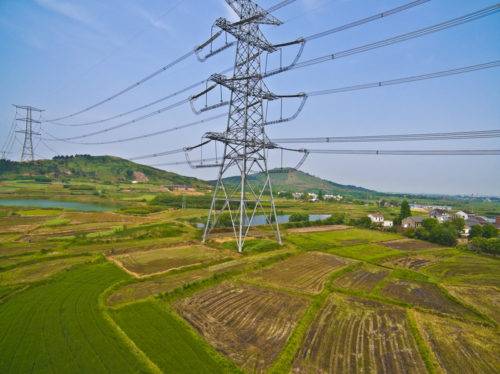A pilot project in Norway is looking to build an intelligent grid that could spur further advances in the Nordic county’s electrical network.
Smart Cities World reports that the Scandinavian country’s third biggest energy producer Agder Energi is leading the pilot project to use intelligent technology to build a smart grid solution.
Agder is partnering with Microsoft and Powel AS on the initiative.
“We want to avail ourselves of new technology to make mains more efficiently, more predictable and more flexible,” said Agder Energi CEO Tom Nysted. “We want to take the step from just producing energy to become an energy partner with a more active role in relation to our customers.”
“Together with our partners in Microsoft and Powel we want to be innovative in the way we solve challenges with mains.”
Microsoft’s involvement includes its intelligent cloud platform Azure, Azure IoT hub and PowerBI. Meanwhile, Powel will contribute its expertise in conjunction with Agder subsidiary Enfo.
Smart grid needs get more critical
The pilot will run from one of Agder’s substations which frequently runs at 120% capacity. The company says the smart grid will help operators better anticipate demand and manage distributed resources.
Basically, the project is expected to cut down on the substation’s wear and tear. From a bigger perspective, the initiative will improve the integration of new energy resources such as predictive forecasts and control devices.
Ultimately the Agder-led initiative will look to use the pilot to develop automatic balancing capabilities for renewable energy, as well as near real-time peak load control.
Agder hopes to use the pilot project as a way to expand from its current role as an energy producer.
The pilot project comes as industry experts are predicting that microgrids have the potential to be a potent driver of smart city technology. Specifically, they say microgrids’ ability to operate autonomously from larger grids could prove to be a major driver of Internet of Things (IoT) adoption in smart cities of the future.









